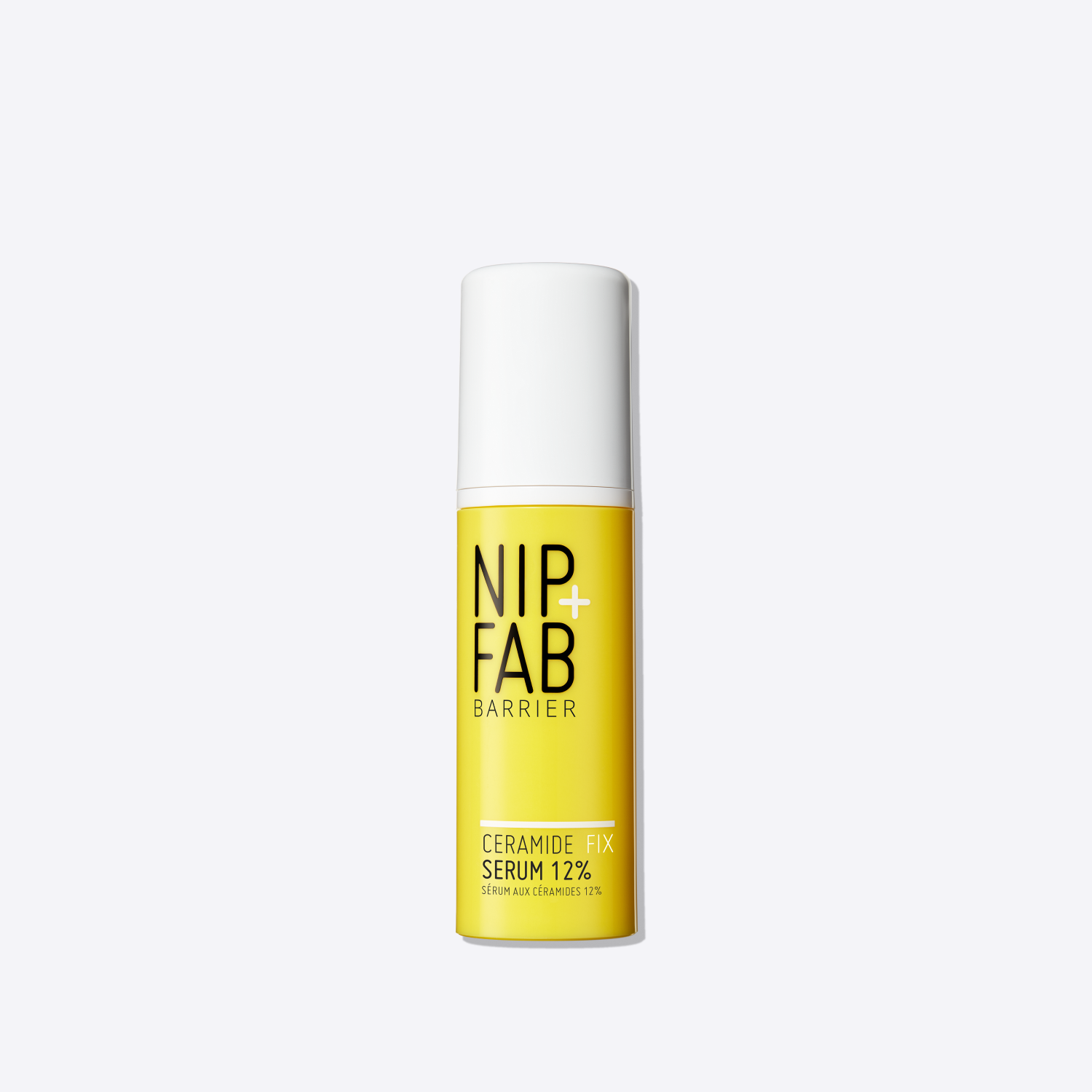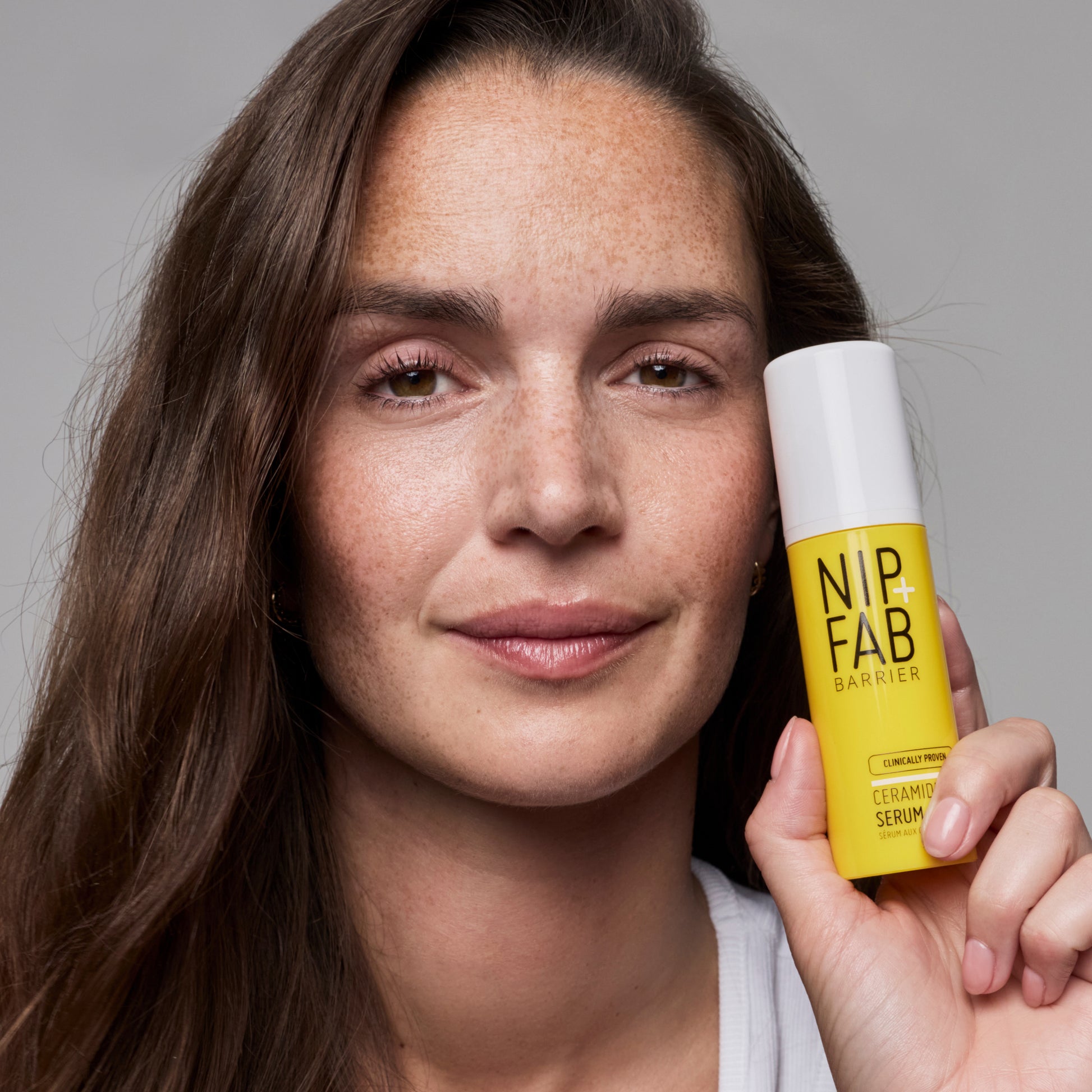

Retinol creams have long been praised for their ability to improve skin texture, reduce fine lines, and promote collagen production. However, some users may experience dryness, irritation, or flakiness when first incorporating retinol into their skincare routine. This is where ceramides come in to play a crucial role in enhancing the effectiveness of retinol creams.
Ceramides are lipid molecules naturally found in the skin's outermost layer, the stratum corneum. They play a vital role in maintaining the skin barrier function, preventing moisture loss, and protecting against environmental aggressors. When the skin barrier is compromised, it can lead to dryness, sensitivity, and inflammation.

When using retinol creams, especially at higher concentrations, the skin barrier can become disrupted, leading to increased dryness and irritation. By incorporating ceramides into the skincare routine, users can replenish and strengthen the skin barrier, reducing the likelihood of experiencing side effects from retinol.
Ceramides work by restoring the lipid balance in the skin, improving hydration levels, and enhancing the overall skin barrier function. This helps to minimize the potential for irritation and dryness commonly associated with retinol use, allowing users to reap the benefits of retinol without the drawbacks.
It is crucial to follow a proper skincare routine that includes gentle cleansing, moisturizing, and sun protection when using retinol creams with ceramides. This will help to optimize the results and minimize any potential side effects.
In conclusion, incorporating ceramides into your skincare routine when using retinol creams can help enhance the effectiveness of retinol while minimizing potential side effects. By understanding the role of ceramides in maintaining the skin barrier function, users can achieve smoother, healthier-looking skin with the use of retinol.